https://t.co/1pLFcUjhV7
2/

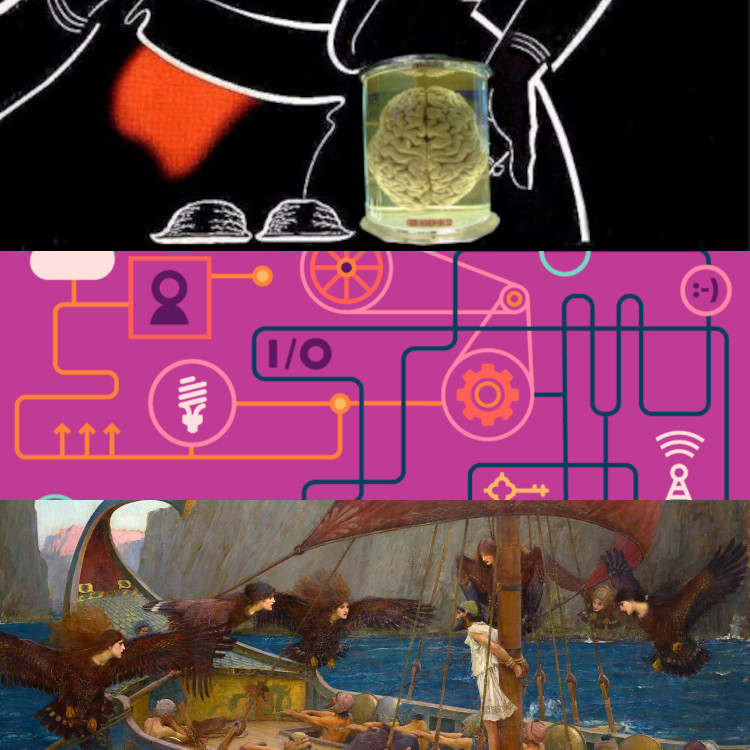


Self-control isn't merely a matter of eliminating your own weaknesses. Self control is primarily about compensating for those weaknesses. When you go on a diet, you don't just commit yourself to eating well - you also throw away the Oreos so you won't be tempted.
— Cory Doctorow #BLM (@doctorow) February 15, 2021
1/ pic.twitter.com/BCEc7FPkut

The pandemic has afforded all of us a refresher course on the five stages of grief, a theoretical and controversial framework for describing how people cope with tragedy: denial, anger, bargaining, depression and acceptance.https://t.co/nqPmjCvyab
— Cory Doctorow #BLM (@doctorow) February 15, 2021
1/ pic.twitter.com/lNk2vvhlNF

This week on my podcast, a spoken-word version of "Privacy Without Monopoly: Data Protection and Interoperability," a major new white-paper that Bennett Cyphers and I co-authored for @EFF.https://t.co/oASlJFpz8t
— Cory Doctorow #BLM (@doctorow) February 15, 2021
1/ pic.twitter.com/UnA6fGoA6m
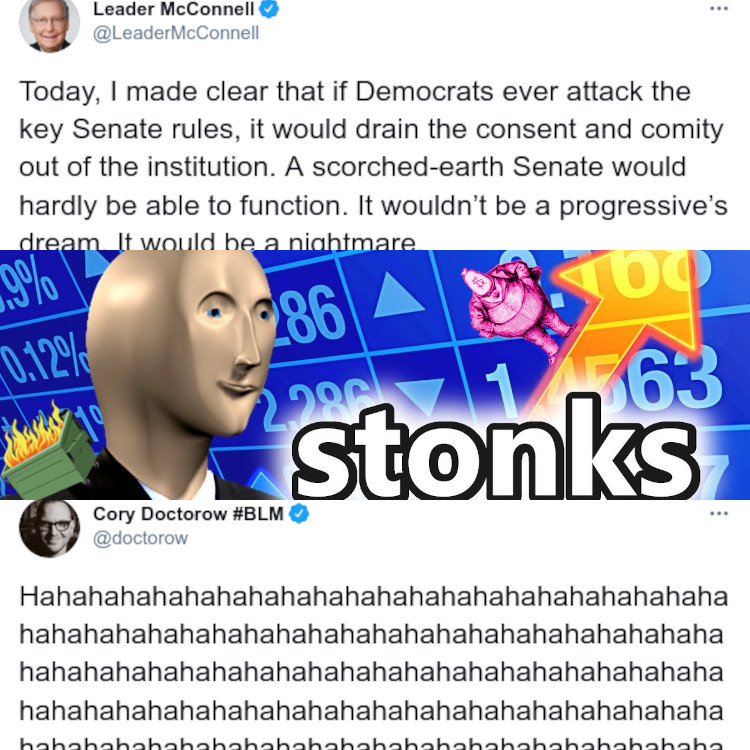
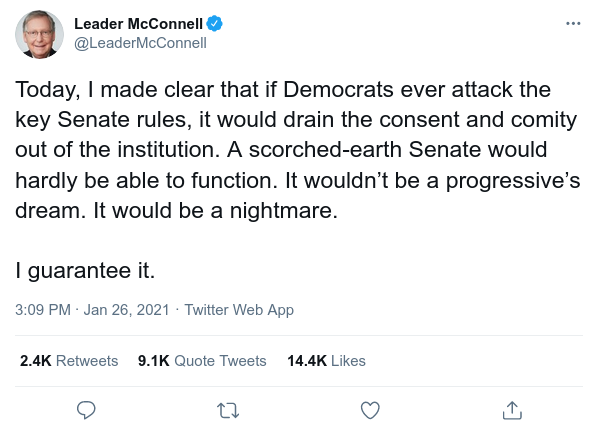
Hahahahahahahahahahahahahahahahahahahahahahahahahahahahahahahahahahahahahahahahahahahahahahahahahahahahahahahahahahahahahahahahahahahahahahahahahahahahahahahahahahahahahahahahahahahahahahahahahahahahahahahahahahahahahahahahahahahahahahahahahahahahahahahahahahahahahahahahahahahaha https://t.co/ARlJ7vGOev
— Cory Doctorow #BLM (@doctorow) January 29, 2021
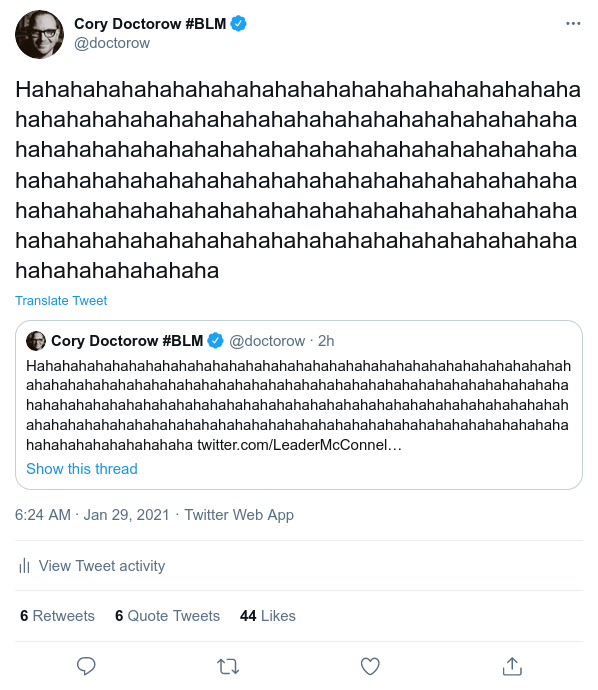
Hahahahahahahahahahahahahahahahahahahahahahahahahahahahahahahahahahahahahahahahahahahahahahahahahahahahahahahahahahahahahahahahahahahahahahahahahahahahahahahahahahahahahahahahahahahahahahahahahahahahahahahahahahahahahahahahahahahahahahahahahahahahahahahahahahahahahahahahahahahaha https://t.co/2T74ykb3Ws
— Cory Doctorow #BLM (@doctorow) January 29, 2021

A couple days back, I wrote up my best understanding of what happened with /r/wallstreetbets and meme stocks like Gamestop, trying to show how all the different, seemingly contradictory takes on the underlying financial stuff could all be true.https://t.co/xWzre4r0Yj
— Cory Doctorow #BLM (@doctorow) January 30, 2021
1/ pic.twitter.com/p4oiq2TdSg
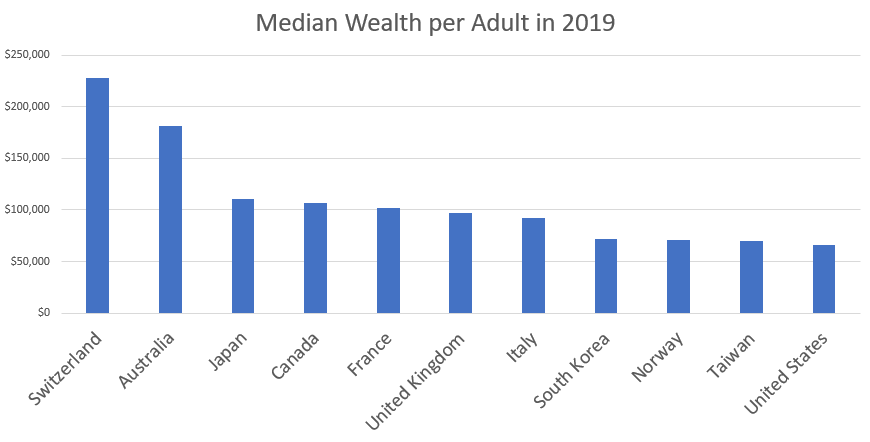
Yes, these numbers don't include things like Social Security, just privately held wealth. They're not an attempt to capitalize every possible future income stream.
— Noahtogolpe \U0001f407 (@Noahpinion) January 10, 2021
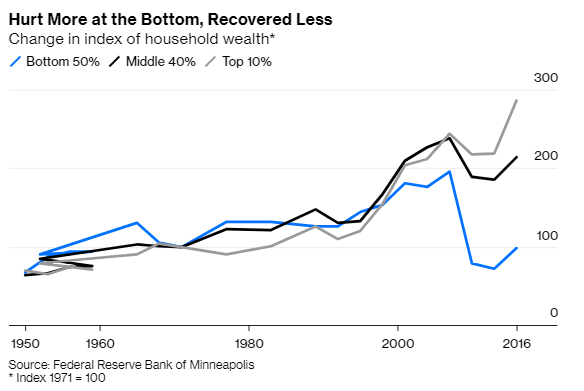
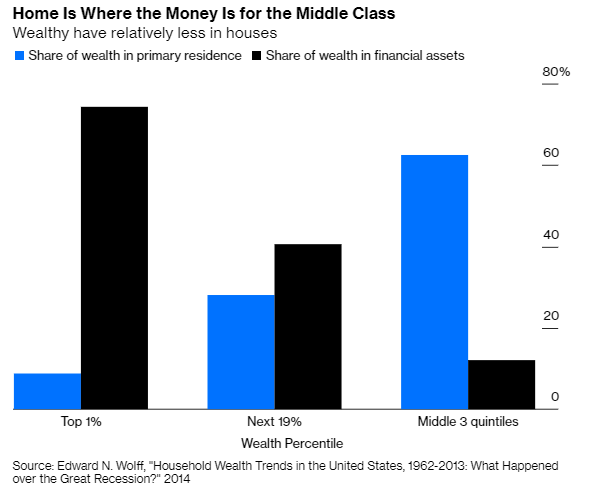
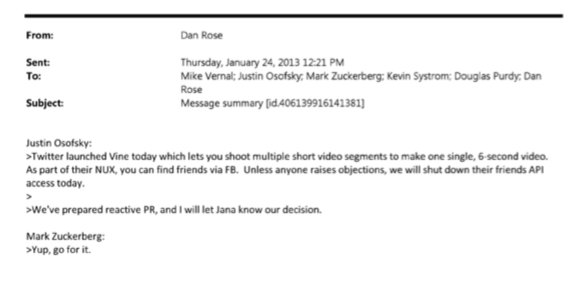
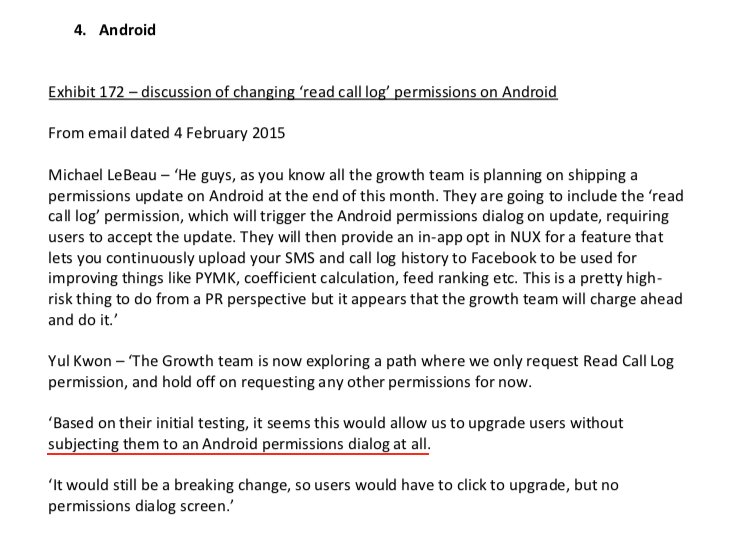
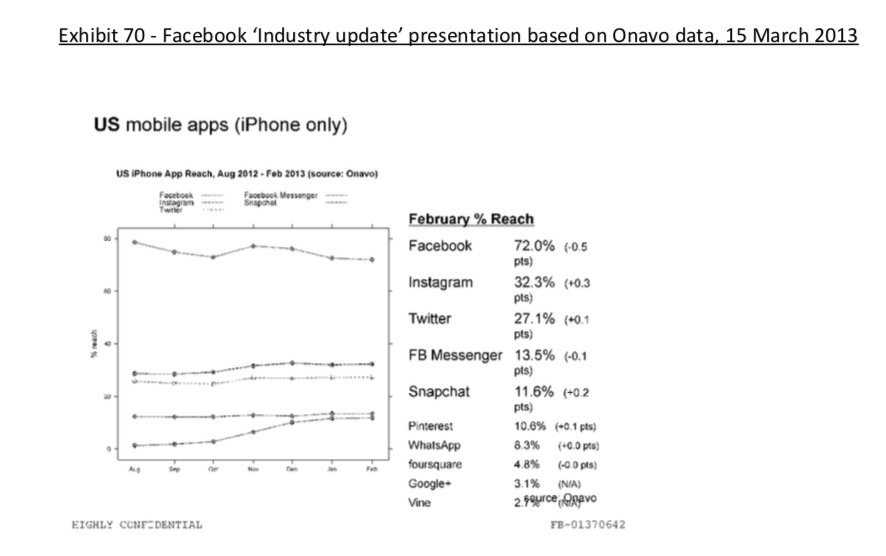
Ironies of Luck https://t.co/5BPWGbAxFi
— Morgan Housel (@morganhousel) March 14, 2018
"Luck is the flip side of risk. They are mirrored cousins, driven by the same thing: You are one person in a 7 billion player game, and the accidental impact of other people\u2019s actions can be more consequential than your own."
Rep. Andy Biggs and Rep. Matt Gaetz say DAG Rod Rosenstein cancelled an Oct. 11 appearance before the judiciary and oversight committees. They are now calling for a subpoena. pic.twitter.com/TknVHKjXtd
— Ivan Pentchoukov \U0001f1fa\U0001f1f8 (@IvanPentchoukov) October 10, 2018